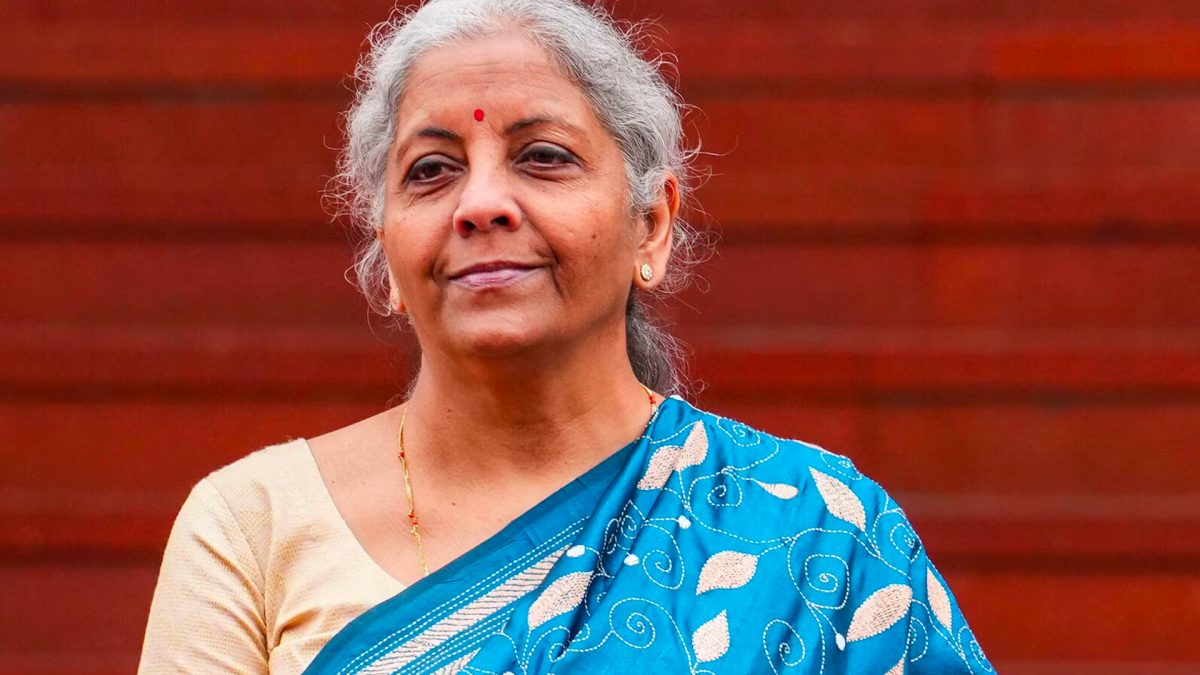The state of Andhra Pradesh, the epicenter of the micro-finance crisis of 2010, has rejected the proposed Micro-finance (Development & Regulation) Bill, 2011, terming parts of it as ultra-vires of the Constitution and violating the legislative competence of states.
In a detailed deposition before the Parliamentary Standing Committee of Finance headed by former finance minister and BJP leader Yashwant Sinha, state government officials pointed out to Section 42 of the draft Bill that says that no activities of the micro-finance institutions (MFIs) will be categorized as “money lending” and therefore be out of the purview of the money lenders regulation. The state further told the assembled lawmakers that the 2010 crisis arose out of the “questionable lending and recovery practices of the MFIs, as a result of which it had to regulate money-lending activities and bring greater transparency in the dealings”.
Following a number of borrowers committing suicide, Andhra Pradesh had on 15 October, 2010 passed an Ordinance to regulate the activities of the lending institutions and protect borrowers from alleged “harassment”. The result was the microfinance in the state effectively came to an end.
In May 2012, the union Cabinet approved the draft Bill that aims to address the regulatory deficit by giving the Reserve Bank of India regulatory oversight over the sector. This Bill was the referred to the Standing Committee for its consideration. This is the second attempt in the recent past to enact a federal law. An earlier attempt - the Micro Financial Sector Bill, introduced in the Lok Sabha in March, 2007 - did not succeed as the draft Bill lapsed when the term of the 14th Lok Sabha expired in May 2009.
Incidentally, the RBI itself has reservations over being given the task of regulating the sector. At a meeting of the Standing Committee earlier this year, the RBI deposed that it was of the view that the centre could not seek to enact the proposed law on the grounds that it interfered with the autonomy of states.
It is this very argument that was advanced further by Andhra Pradesh today, with its deposition citing Part IX of the Indian Constitution that lays down the legislative competence of Union and States. “The List II (item 30) mandates that the state legislature to regulate money lending and money lenders as a part of protecting the public order. The manner of defining money lending and the scope of the regulation of money lending activities therefore falls under state jurisdiction”, it said, adding that Section 42 of the draft, which proposes that MFIs shall not be treated as money lenders, impinges on the legislative competence.
The deposition also seeks to rub it in further by quoting YV Reddy, former RBI Governor, who it said had stated that “for-profit MFIs should be treated at par with money lenders and should not be subject to soft regulation as they are a bigger risk to the system than individuals lenders who extend loans out of their own net worth”.
The state also said that it is doubtful if the Reserve Bank of India, which is saddled with larger issues facing the monetary system, will find time and attention to regulate this micro-sector. “Even in the recent past, authority which is already vested in RBI to regulate non-banking financial companies has not been used effectively, as a result of which crises like what happened in Andhra Pradesh could not be prevented”, it said.
Sources say that the many members of the Standing Committee are not favourably inclined towards the MFI Bill in its present form. In fact, Department of Financial Services secretary Rajiv Takru has been asked by the panel to come back with clarifications on the issues. “Unless the critical issues are addressed, it could well be that the Standing Committee will refer the Bill back for changes to the government”, a member said.
If that were to happen, it is almost certain that this version of the Bill would also lapse, as the term of the current Lok Sabha ends next May.


)




)
)
)
)
)
)
)
)